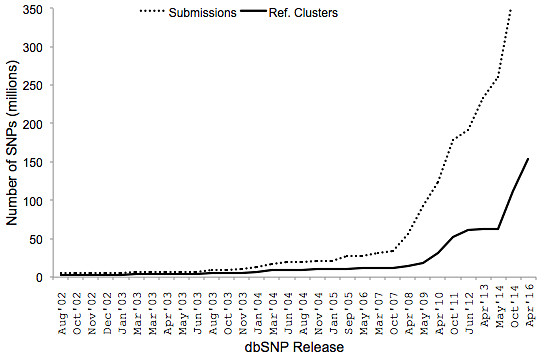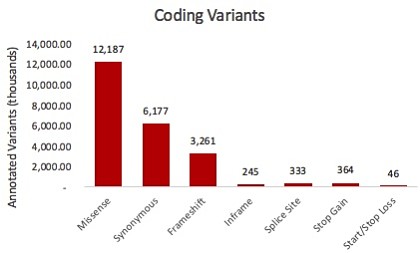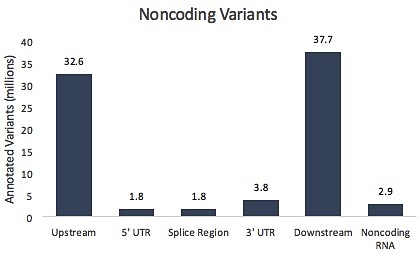Inherited retinal diseases (IRDs) comprise a heterogeneous group of retinal degenerations, including retinitis pigmentosa, choroideremia, Leber congenital amaurosis, and other dystrophies. These disorders exhibit remarkable genetic heterogeneity; mutations in numerous different genes can cause a retinal disorder, and they can be inherited in dominant, recessive, or X‐linked fashion.
I proposed an invited session for the 2016 ASHG meeting because I believe that inherited retinal diseases offer several key advantages as a model system for gene discovery, functional validation, genetic counseling, and individualized treatment.
IRDs as a Model for Discovery and Translation
The genetic heterogeneity within IRDs encompasses a broad set of genes, inheritance patterns, and disease pathways. While the number of patients affected by a single one of these may be small, they provide a wider set of options for targeted therapies.
IRDs typically affect only a single tissue (the retina). Although the genes implicated in these disorders are involved in a variety of pathways, most of them share a molecular phenotype: high (and often transcript‐specific) expression in retinal tissue. This offers a compelling avenue of experimental approaches to functionally validate new candidate disease genes.
The fact that most IRDs are not life threatening allows for long‐term studies and recruitment from an actively engaged patient population. Thanks to decades of work to identify the genes and mutations responsible for IRDs, more than half of patients who undergo routine genetic testing receive a definitive molecular diagnosis. This success, combined with the customary slow onset of many retinal disorders, suggests that new therapeutic interventions that could dramatically improve the quality of life for thousands of patients. Indeed, Leber Congenital Amaurosis (LCA) was one of the first recessive disorders to undergo clinical trials for gene replacement therapy.
The catalogue of pathogenic mutations and disease‐associated genes for IRDs has grown considerably over the past two decades, fueled by both technological advances (i.e. next‐generation sequencing) and well‐established genetic testing programs. So, too, has our knowledge of the molecular mechanisms linking pathogenic mutations to distinct disease phenotypes. Yet there remains a pressing need for innovative approaches to functionally validate genetic discoveries, and to incorporate that information into patient counseling and clinical care.
Our Session at ASHG 2016
I’m pleased to say that the ASHG program committee selected our proposed session for the 2016 meeting! It brings together a diverse panel of experts in gene discovery, molecular characterization, genetic counseling, and treatment for inherited retinal diseases. Together, they will provide a snapshot of the current state of the art in IRD research, use it as a context to discuss the best practices for transforming genetic discoveries into personalized precision medicine.
Title: Gene discovery, genetic counseling, and clinical care of patients with inherited retinal diseases (Session #61).
When: Friday, October 21st, 11:00 a.m. to 1:00 p.m.
Where: Convention Centre Room 302, West Building.
Twitter-friendly? Hell yes.
Here’s the schedule:
- Gene discovery and mutation detection in families with dominant retinitis pigmentosa. Steve Daiger, University of Texas Health Science Center, Houston.
- Integrating genetic testing into the inherited retinal disease clinic. Kari Branham, Kellogg Eye Center, University of Michigan, Ann Arbor.
- Functional validation and genetic intervention for retinal disease genes. Val Sheffield, University of Iowa Carver College of Medicine, Iowa City.
- From gene discovery to clinical trials for inherited retinal diseases. Eric Pierce, Massachusetts Eye & Ear Infirmary, Boston.
We believe that this session therefore has appeal not just for groups working on retinal diseases, but also the wider community of researchers, genetic counselors, and clinicians who seek to translate genetic discoveries into improved clinical care. I hope to see you there. Please take pity on the moderator, and ask the speakers some questions!



